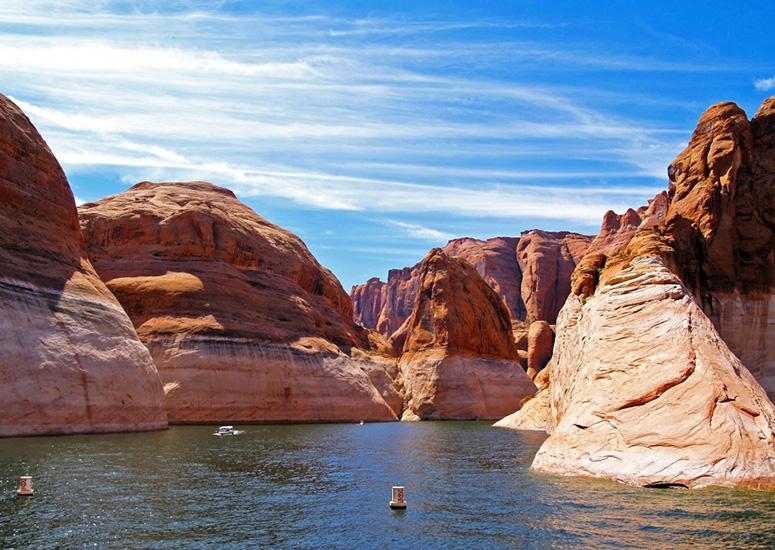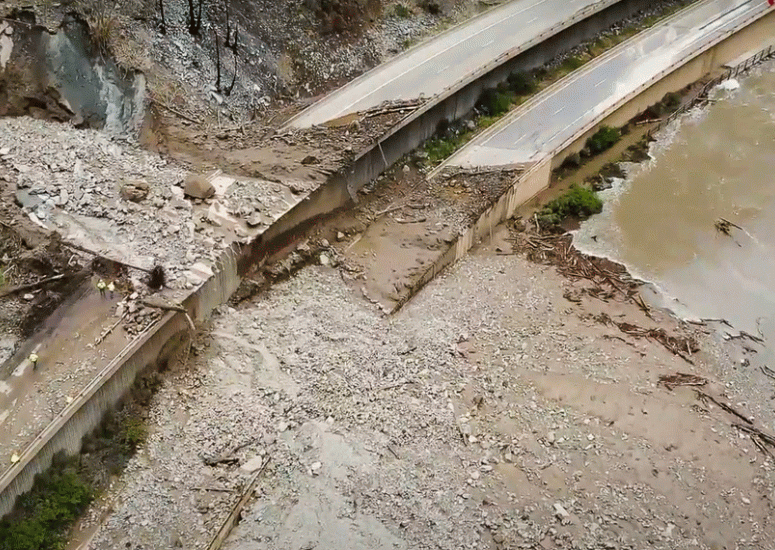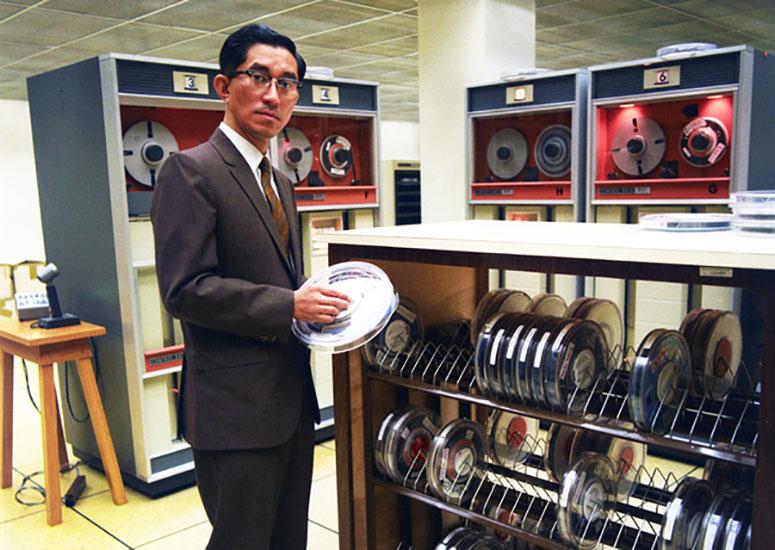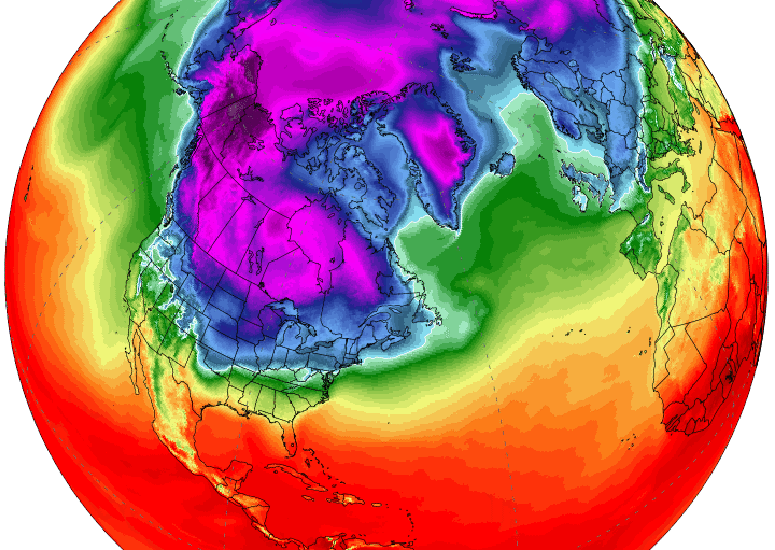-

Today’s extreme droughts could become average in the future
Conditions that, by today’s standards, are considered to be mega-droughts — or conversely, abnormally wet “mega-pluvial” events — may become the average in the future, according to new research led by the University of California Santa Barbara (UCSB) and co-authored by scientists at the National Center for Atmospheric Research (NCAR).
- Climate
-

Drenching rains pose greater threat to fire-damaged areas in West
The western US is facing a greatly heightened risk of extreme rain-after-fire events, which can cause mudslides, flash floods, and significant destruction.
- Climate,
- Weather
-

NCAR and UCAR mourn the passing of pioneering scientist Akira Kasahara
Akira Kasahara, one of the giants of NCAR’s scientific legacy, passed away overnight on March 30.
- Organization
-
UCAR statement on the fire near the NCAR Mesa Lab
On behalf of the staff of UCAR, I would like to extend our deepest gratitude to the firefighters, first responders, and other emergency workers whose dedication prevented the wildland fire that ignited on March 26, 2022, from damaging our facilities.
- Organization
-

New study questions explanation for last winter’s brutal U.S. cold snap
A new study challenges a commonly accepted explanation that a "sudden stratospheric warming" caused the unusually cold weather over the U.S. early last year, a view which was widely reported in the media and discussed among scientists at the time.
- Weather

